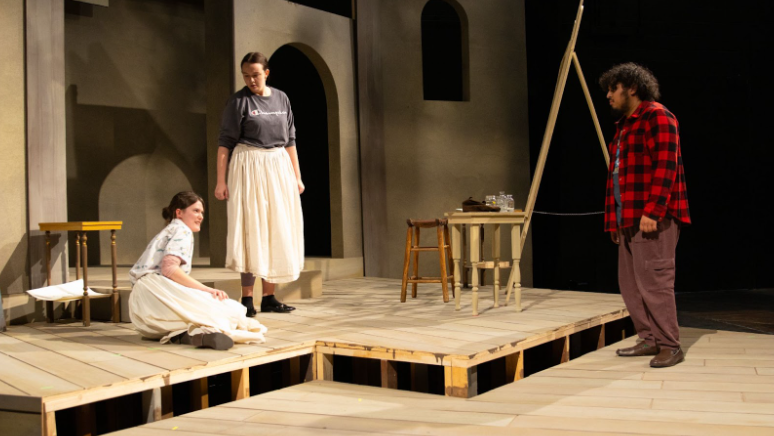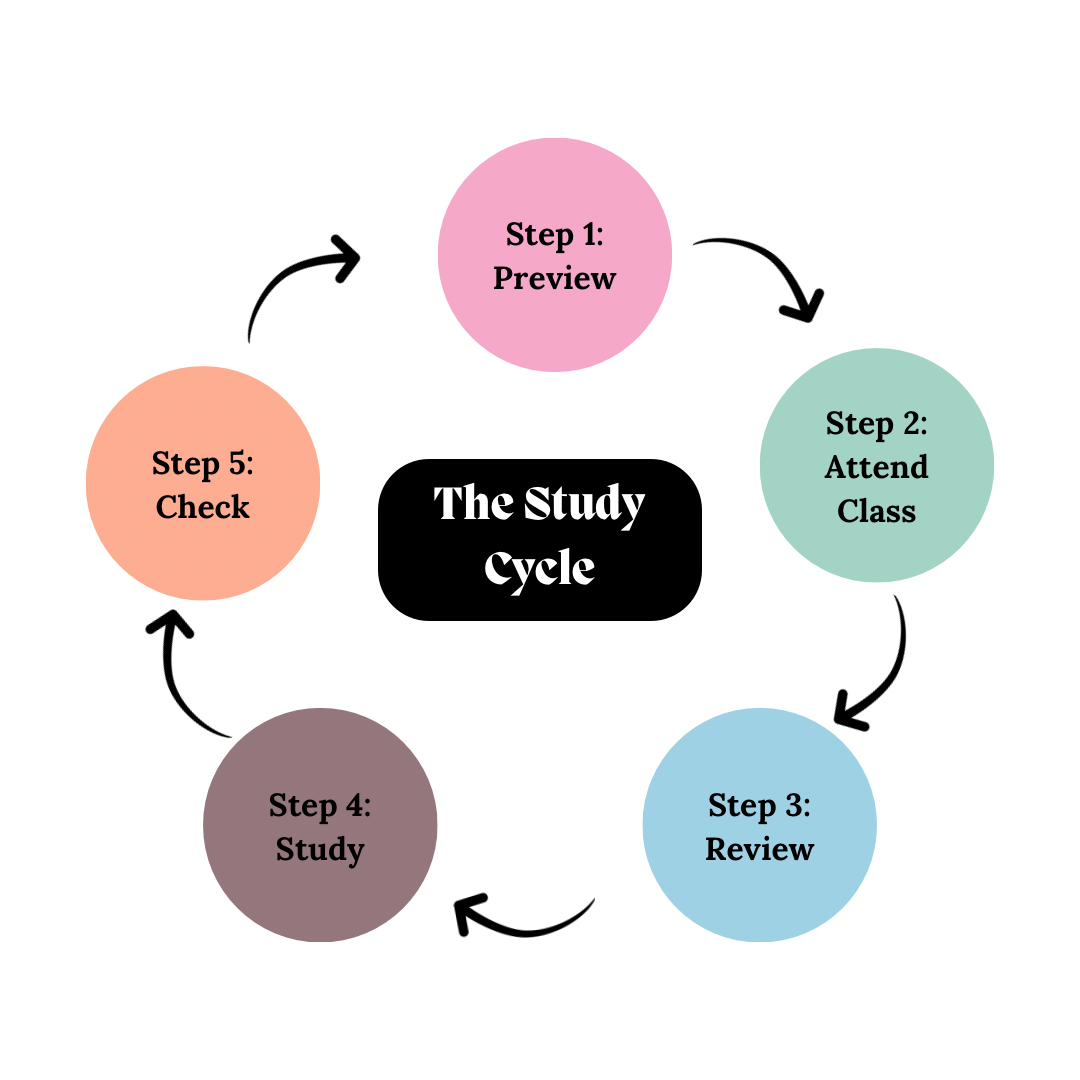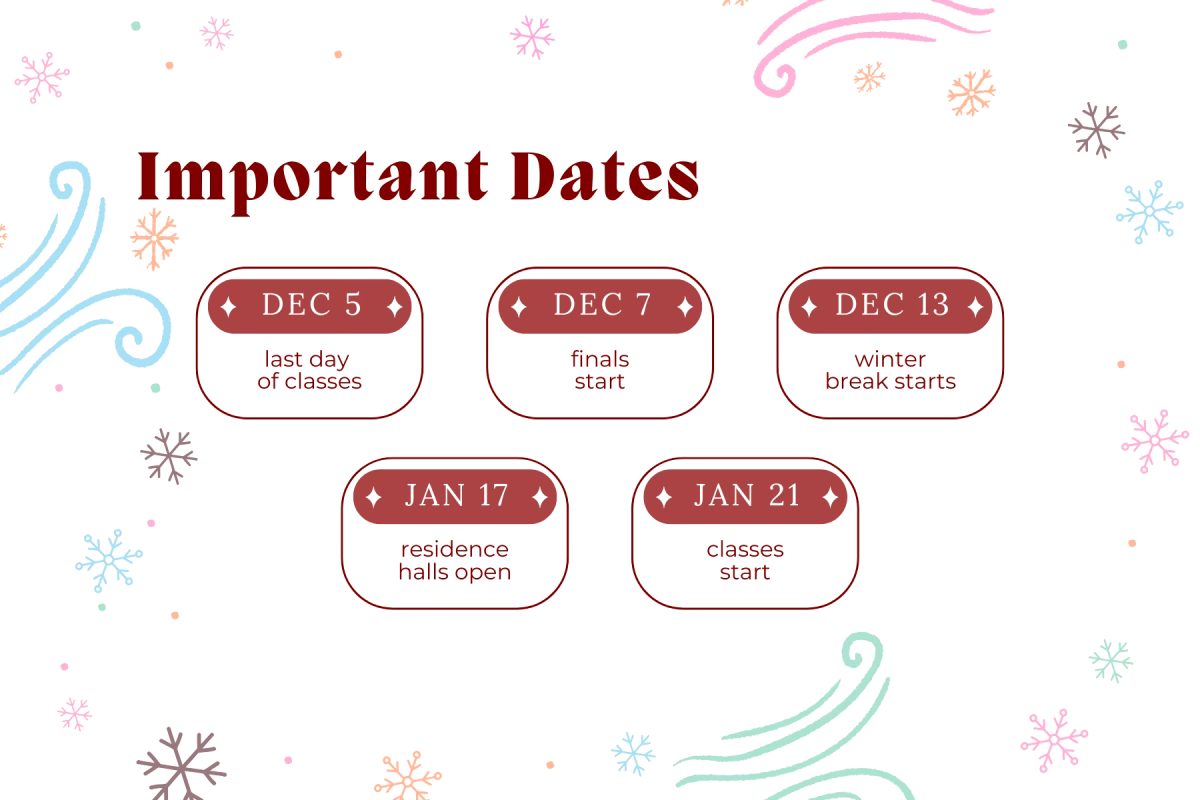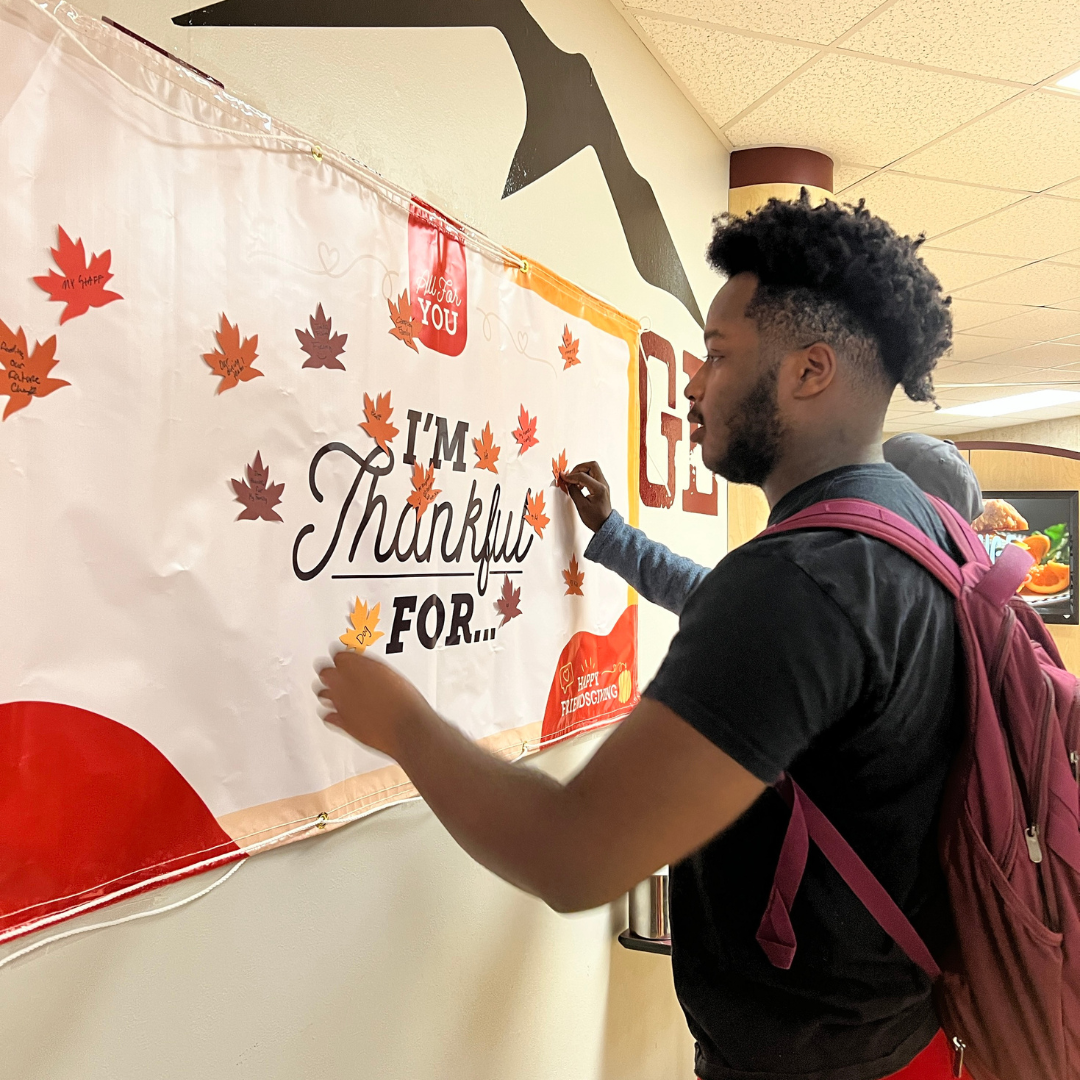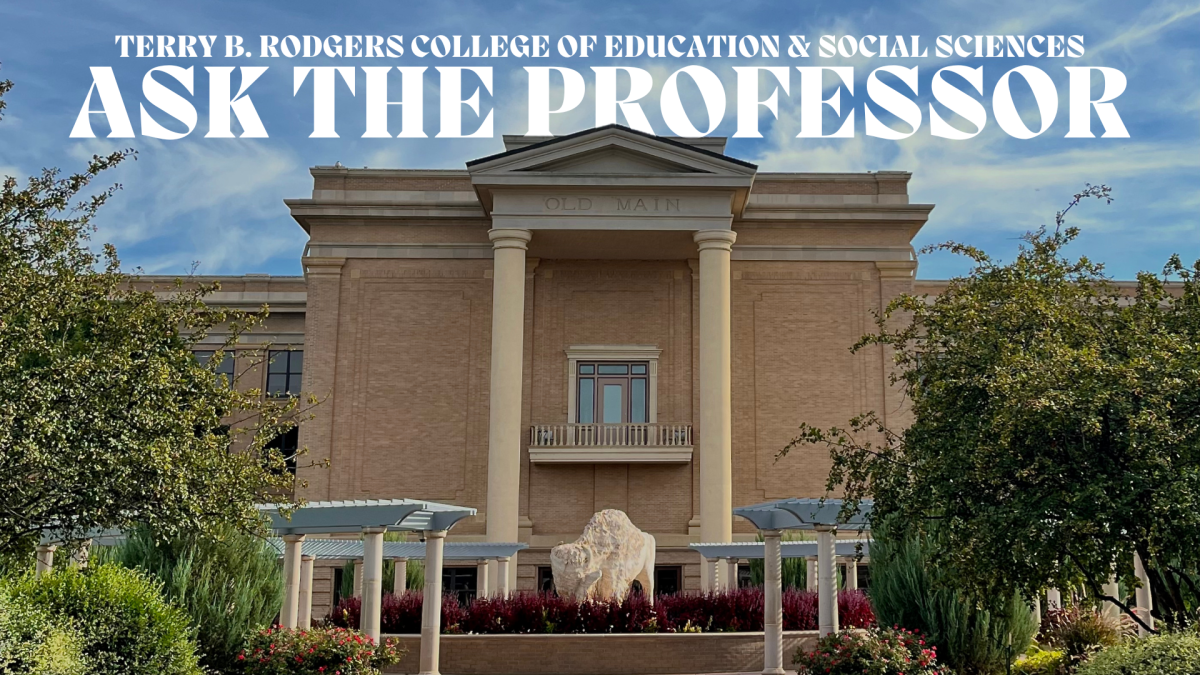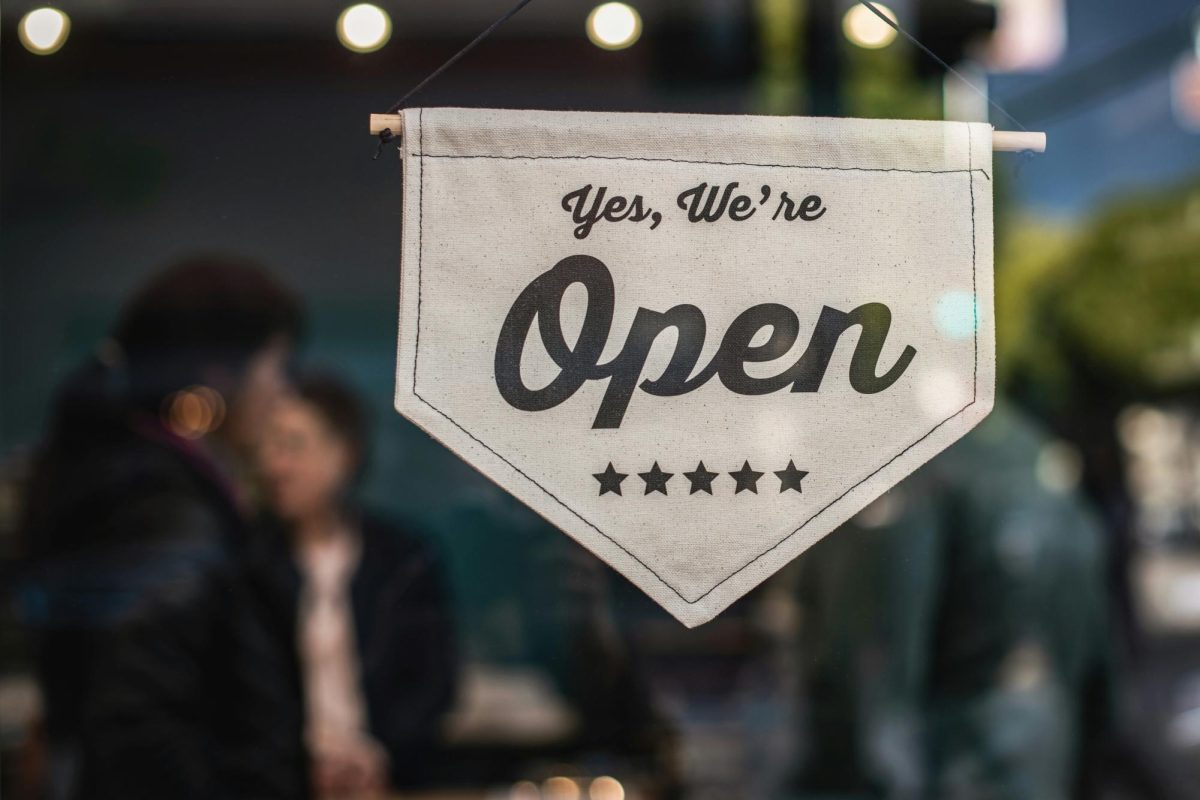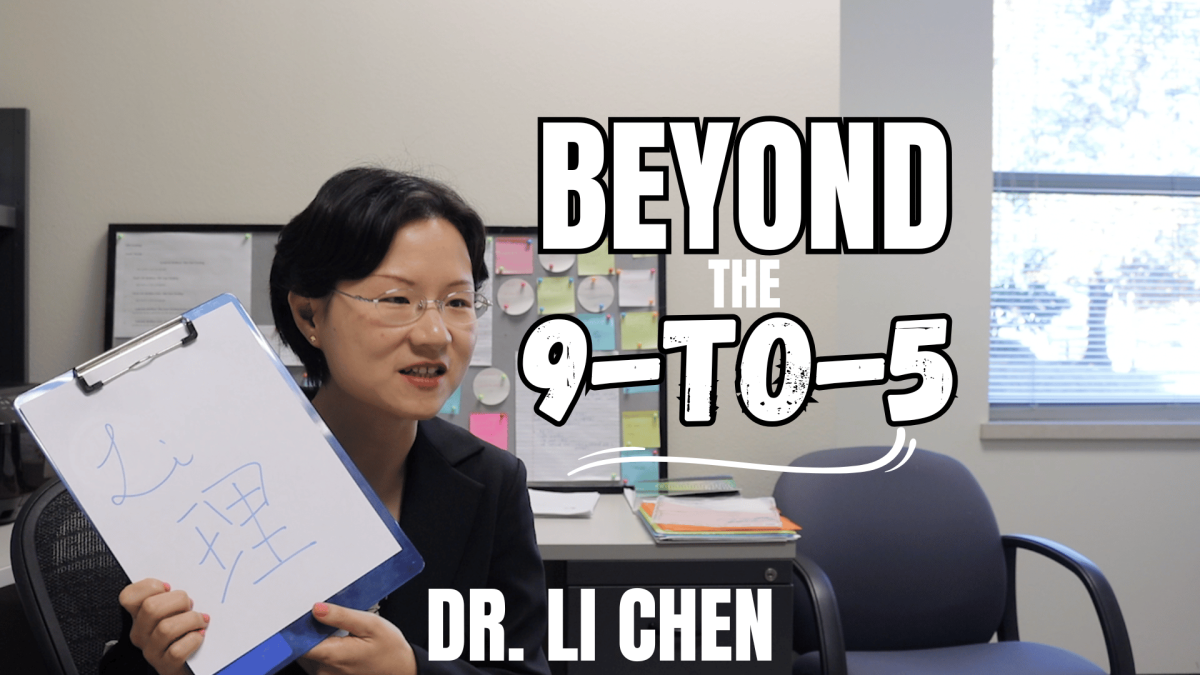The Department of Life, Earth and Environmental Sciences is partnering with other campus organizations, such as the Geology Society and Beta Beta Beta, to host an Earth Day event on April 18 from 9 a.m. to 4 p.m.
The event, coordinated by Juan Gil-Donato, Department of Life, Earth and Environmental Sciences research assistant, and Morgen Ayers, a senior Environmental Science major, will consist of information tables in the JBK featuring special speakers who will discuss different environmental projects and issues. There will also be hands-on activities outside the JBK.
Gil-Donato explained that when the Earth Day event started in 2008, it covered basic things like recycling, water conservation and other things people can implement in their daily lives. However, this year the information is more complex.
“We’re making it bigger and better,” he said. “We want to show people that Earth Day isn’t just about recycling and conserving water. It’s more complex than that.”Ayers said there will be a diverse group of speakers consisting of some graduate students and some outside organizations, and the presentations will cover a broad range of topics.
Some of the various topics the speakers will present include wastewater treatment, algae blooms in bodies of water in Texas, the BP oil spill, climate change and pollution.
Gil-Donato will also be presenting his project which is working to reestablish and improve environmental compliance and improvements in small to medium-sized enterprises in Argentina.
Gil-Donato would like to see the presentations expand environmental awareness.
“Recycling and conserving water is important, but we want to show that there are things that go beyond this,” he said.
Ayers said she hopes the event sparks the interest of students and that they will take something away from it.
“Many people have a preconceived idea of [Earth Day], but we can’t appreciate something we don’t think about very often,” she said. “Earth Day is about celebrating the Earth.”
Gil-Donato hopes the Earth Day event is an opportunity for people to become aware that “we are part of a complex system with multiple interactions” and there are consequences for “misuse of our resources.”
“Any change we make in the system has consequences and we need to realize that what we do has an impact,” he said. “It’s about finding equilibrium for what is best for future generations.”



